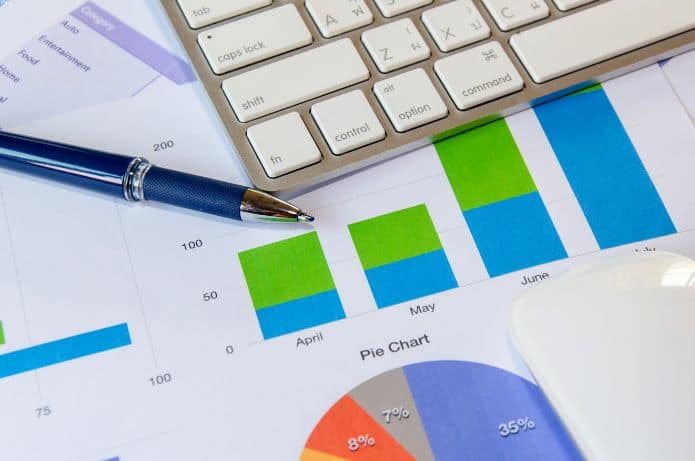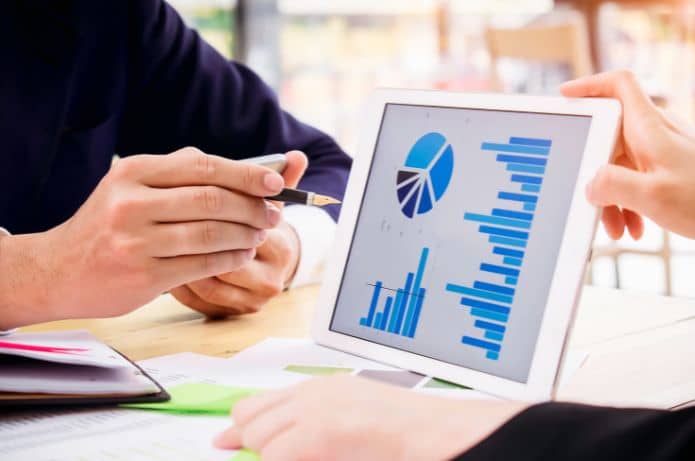Due to the success of the first edition, which boosted financial health solutions for 6 startups, Serasa Experian, the market-leading data tech company, opens today, October 16th, registrations for the second wave of "Impulsiona Startups," an acceleration program that aims to scale positive social impact through innovative businesses and solutions. It is possible to register throughlinkto participate until November 17th.
The datatech's ESG initiative, which has Ace Cortex as a partner, will select eight Brazilian startups, which will undergo a consultative journey of up to 6 months, also including equity-free investment for the development of solutions and the possibility of using Serasa's services and products free of charge.
The program will be divided into 2 phases. In the first, the goal is to provide the development of prototypes or the evolution of existing solutions, that is, short-term projects that demonstrate the potential and scalability capacity of the entrepreneurs.
After this initial phase, four startups will be selected based on the best projects and results to undergo 4 months of acceleration with experts from Ace Cortex, executive mentors from Serasa Experian, and will also receive a equity-free investment – which does not require any equity obligation. To stay informed, check the official website. Registrations can be made until November 17 through the link:
https://www.serasaexperian.com.br/impulsiona-startups
Startups from different segments with maturity in the validation or traction stage and with solutions that fit the following focuses may participate in the Initiative:
· New ways of granting credit.
· Access to credit for SMEs.
·Support for those in debt.
·Reduction in default.
According to Paulo Gustavo Gomes, head of Sustainability & ESG at Serasa Experian, "we want to continue scaling the reach of our positive social impact through startups and entrepreneurs who, like us, want to create a better future through their innovative proposals and solutions." Many of these businesses just need a boost to reach more Brazilians.
ACE Cortex, a partner of the program and one of the most renowned innovation consultancies in Latin America, will guide the startups during Impulsiona Startups, offering each one, in a customized way, diagnostics, analyses, guidance, mentoring and support in the implementation of growth techniques.
“This is a relevant initiative for the innovation ecosystem that is aligned with the commitment to promote access to credit, reduce defaults and support innovative and scalable solutions with social impact. We share the commitment to transform the market and believe in the power of innovation to solve the biggest financial challenges faced by Brazilians. To this end, we will use our expertise in acceleration to guide the selected startups, offering personalized support, from in-depth diagnostics to practical mentoring. Together with Serasa Experian, we have the goal of creating a more inclusive and financially healthy future for the country”, comments Milena Fonseca, CEO of ACE Cortex.
The acceleration program created by Serasa Experian, now in its second edition, boosted six startups in its first round. The accelerated, which represented the states of São Paulo, Federal District, Paraná, Pernambuco, and Rio de Janeiro, identified relevant results regarding improvements in audience reach and revenue indicators, for example.
What will this new journey of Impulsiona startups be like?
With the end of the registration period and the selection process that will choose the eight participating startups, the companies will receive the first equity-free investment of R$ 30,000, which should be used over two months for the development of a prototype. With this, four of the best proposals will be selected and will go through the acceleration process, which includes individual mentoring, workshops, free access to Serasa Experian products, and a new equity-free investment of R$ 120,000 to scale the business.











